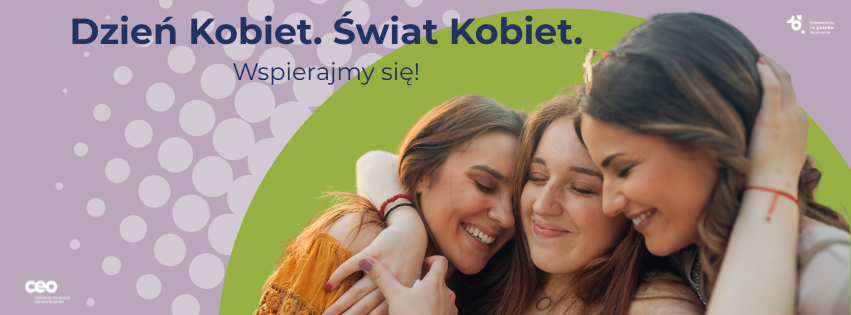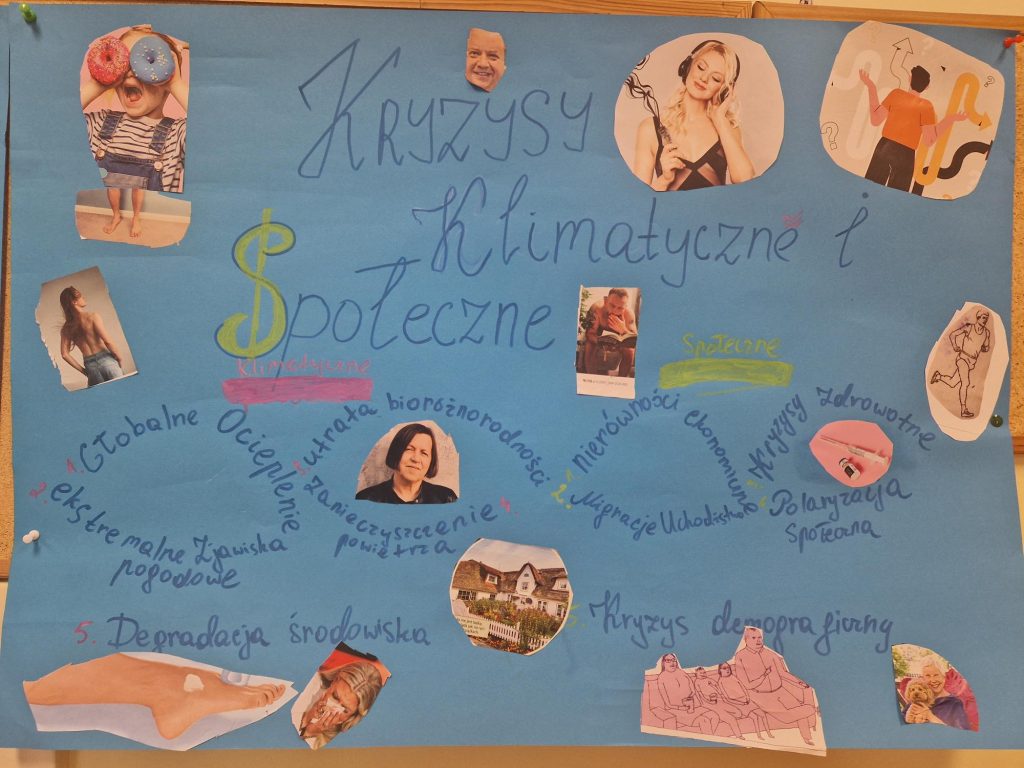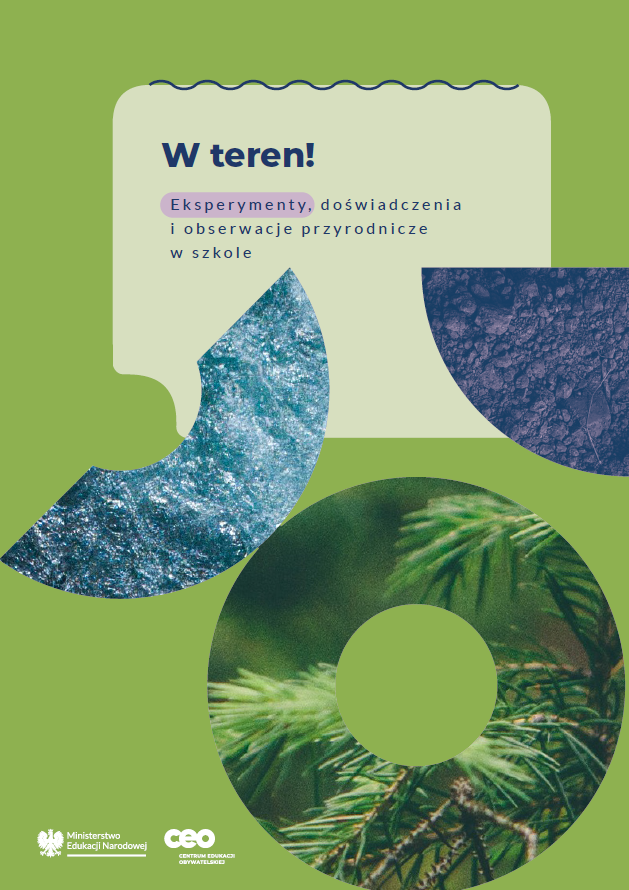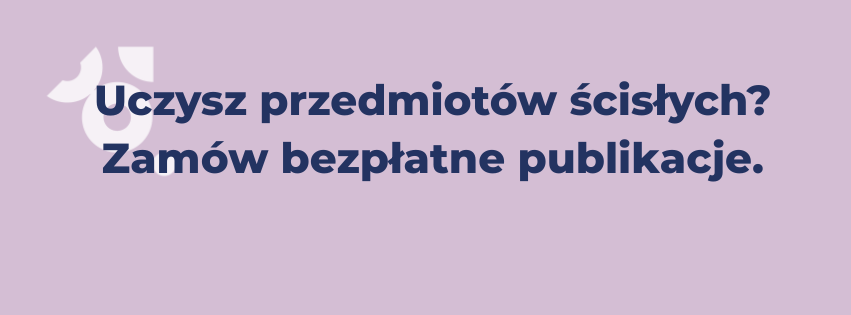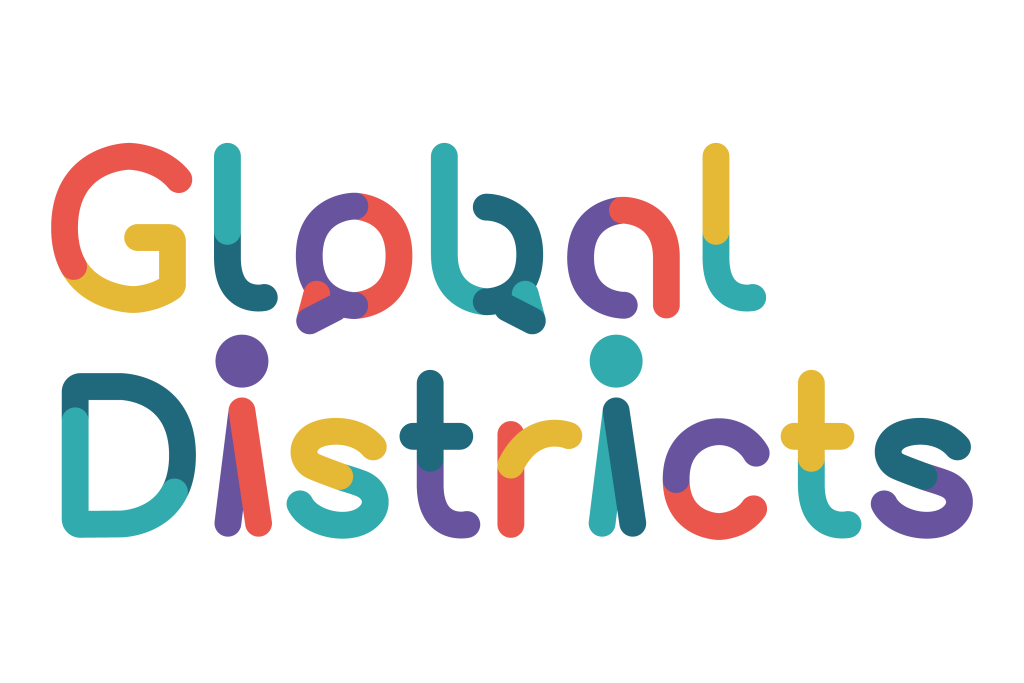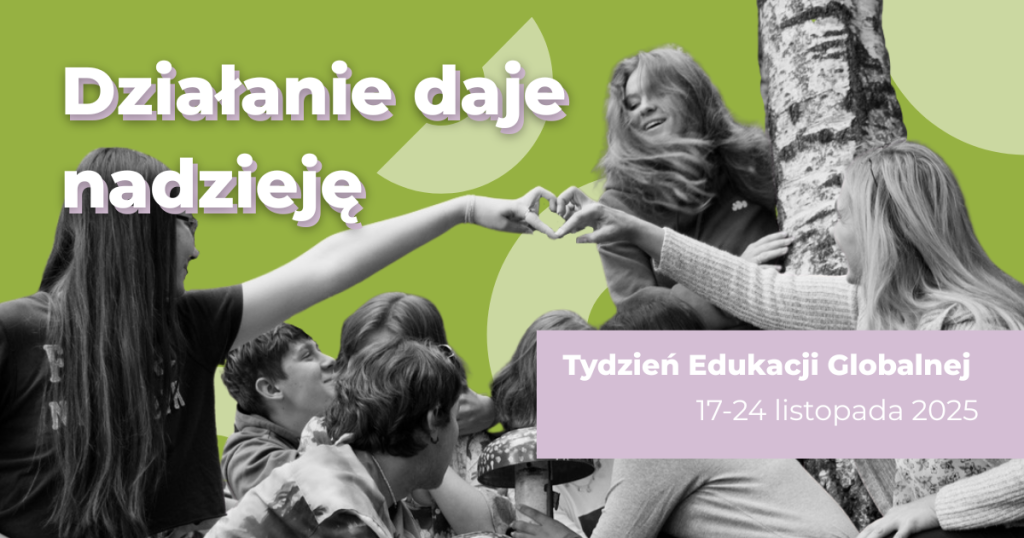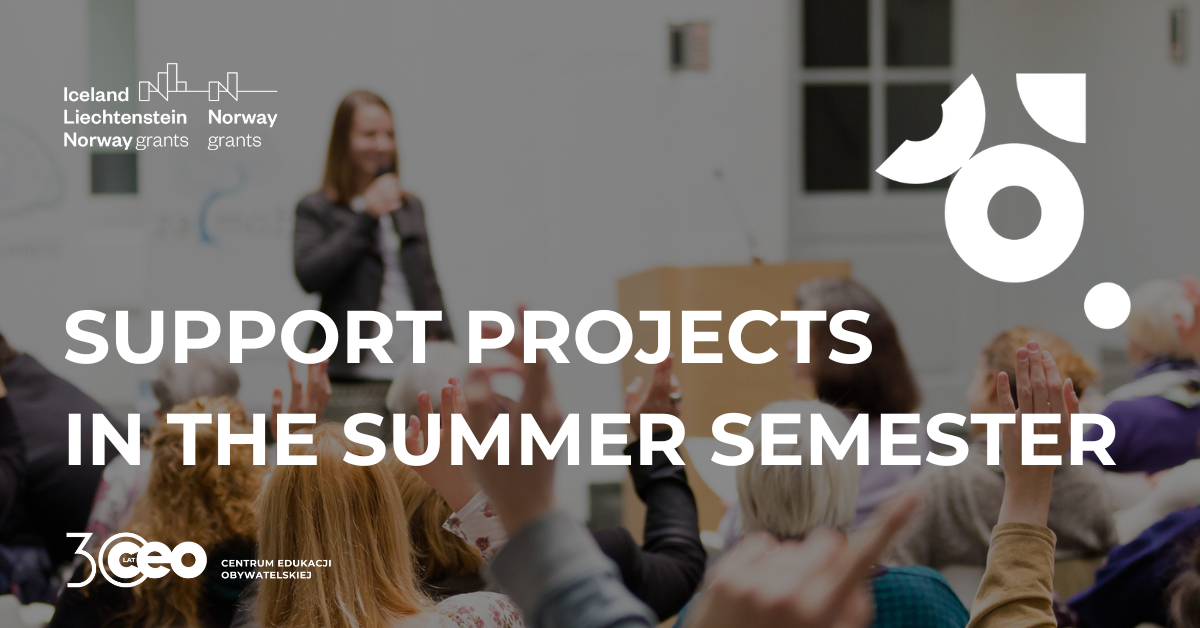
The first six months of running educational integration support projects are behind us. We have now also completed the recruitment of projects for the summer term of the 2023/24 school year. We encourage you to read a short summary of the progress of our activities.
Projects
In December, representatives of 20 schools from all over Poland that participate in the „Wychowanie to podstawa” („Building relations is the foundation”) project took part in a two-day stationary training in Warsaw. During the meeting, they became thoroughly acquainted with the course of action in the project, the tool for carrying out diagnosis at school and the idea of participatory work with students – especially those coming from Ukraine or belonging to vulnerable groups not always adequately visible at school. The process of diagnosis and work on educational goals in each school will be facilitated by assigned male and female assistants.
On the other hand, participants of the one-year project „Globalna szkoła. Na początek” („Global School. For a start”) are successfully continuing to implement further modules of the online course on global processes and their impact on the lives of the students. On 1 and 2 March, a conference was held in Warsaw for project participants to discuss topics from the field of global education.
This summer semester, teachers were able to sign up for the following projects:
„Skuteczna lekcja w różnorodnej klasie” („Effective lesson in a diverse class”) – a project for the school leaders responsible for managing and facilitating educational inclusion. During the three modules of the course – „Designing lessons in a diverse class”, „Supporting students’ independence in a diverse class” and „Collaboration in a diverse class” – teachers will focus on acquiring competences that will enable them to better respond to the social, emotional and educational needs of students.
„Klub dobrej rozmowy” („Good conversation club”) – a project that aims to support teachers in introducing young people to the topics of migration, multiculturalism and identity. Participants of the project, with the support of mentors, will complete three modules of an online course and carry out activities with students in their school.
„O redukcji stresu” („On stress reduction”) – a project preparing teachers to apply the Better Learning Programme 1 model in their schools. Participants will learn practical ways of working with young people to help them create a safe space in the classroom and support the social functioning of students – both in and out of school. Teachers will also learn how to work with their own stress, so that this does not transmit to other participants in school life.
„Redukcja stresu dla lepszego uczenia się” („Stress reduction for better learning”) – a project that prepares teachers to apply the Better Learning Programme 2 model in their schools. It is directed at graduates of previous editions of the „O redukcji stresu” („On stress reduction”) project. The project provides a better understanding of how stress and the quality of social relationships affect the learning process. During stationary and online training sessions, participants learn techniques that can help reduce stress level and contribute to the improvement of students’ concentration and learning efficiency. Teachers will also learn how they can network with other school staff and parents in order to work more effectively with children and young people.
„O redukcji stresu: procesowe wsparcie szkół” („On stress reduction: process support for schools”) – the project will respond to the needs diagnosed in schools and will aim to create better conditions for learning in schools through stress reduction. Teachers, parents, as well as children and young people will be introduced to the Better Learning Programme model and stress reduction tools and techniques. They will also make organisational changes that will support them in implementing stress management strategies in their daily work at school. This is a pilot project that will be implemented in eight selected schools. Each of them, will be supported by a mentor who will accompany them throughout the project.
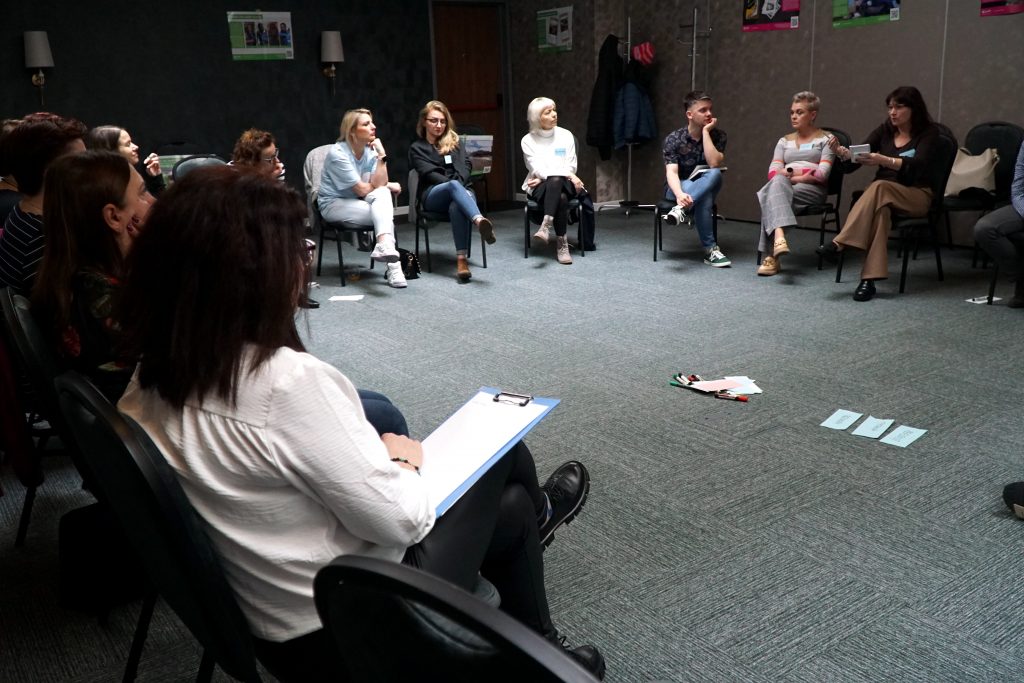
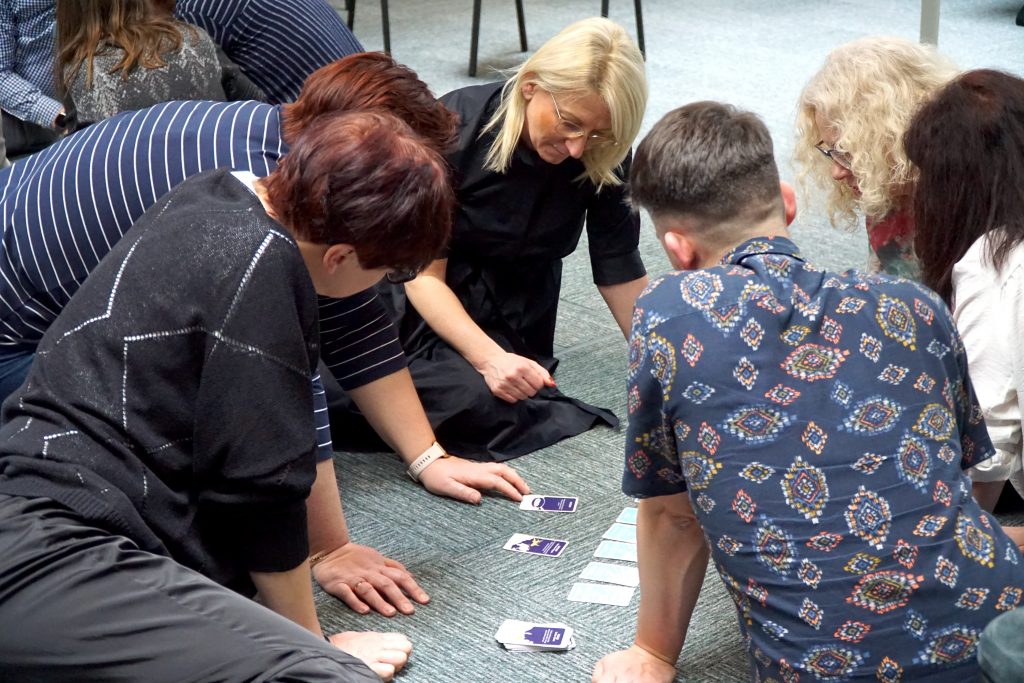
Conference for the participants of the project „Globalna szkoła. Na początek” („Global school. For a start”) Warsaw, 1-2 March 2024. Photo by Weronika Szczurko.
Regional workshops for principals
Two regional meetings for principals took place in November:
17 November in Kraków, organised in cooperation with the Mikołaj Rej Foundation in Kraków,
24 November in Poznań, organised in cooperation with the Teacher Training Centre in Poznań.
The workshops were a response to the challenges arising in connection to the admission of Ukrainian students to Polish schools, with the absence of systemic support in this area. The topics of the meetings were the problems reported by the participants related to the inclusion teachers in decision-making processes concerning school life.
During the workshop, communication tools to foster participation and empathy in management were presented. Thanks to the use of a process method during the meeting, in which the participants decided together with the trainer on the next steps and threads to be addressed, it was possible to maintain a high level of involvement in the workshop and to remain grounded in the reality of specific challenges in each school.
Conferences
On 22-23 February, the European Solidarity Centre in Gdansk hosted a conference entitled „Szkolne sojusze i dialogi. Jak się dogadać, gdy jesteśmy tak różni?” („School Alliances and Dialogues. How to get along when we are so different?”).
School principals and vice-principals were invited to participate, and the event itself was dedicated to managing schools where cooperation, dialogue and mutual support of all members of the school community are particularly important.
Participants took part in workshops, lectures, panels and informal meetings, and met principals and vice-principals with similar needs and experiences with whom they could exchange their knowledge.
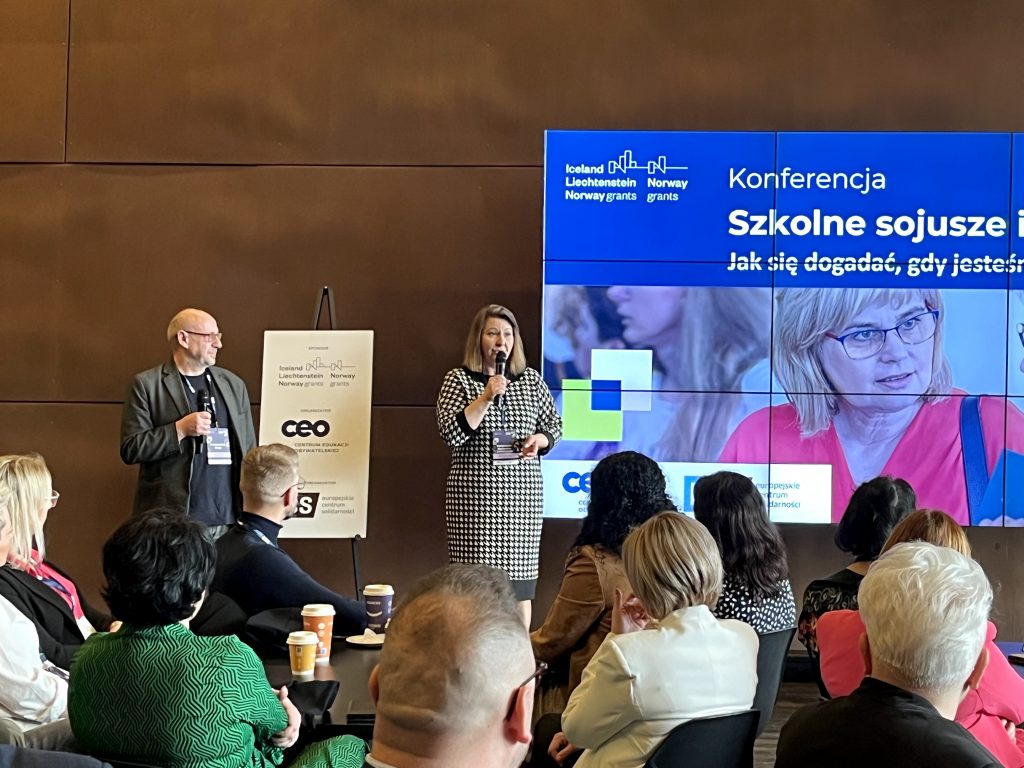
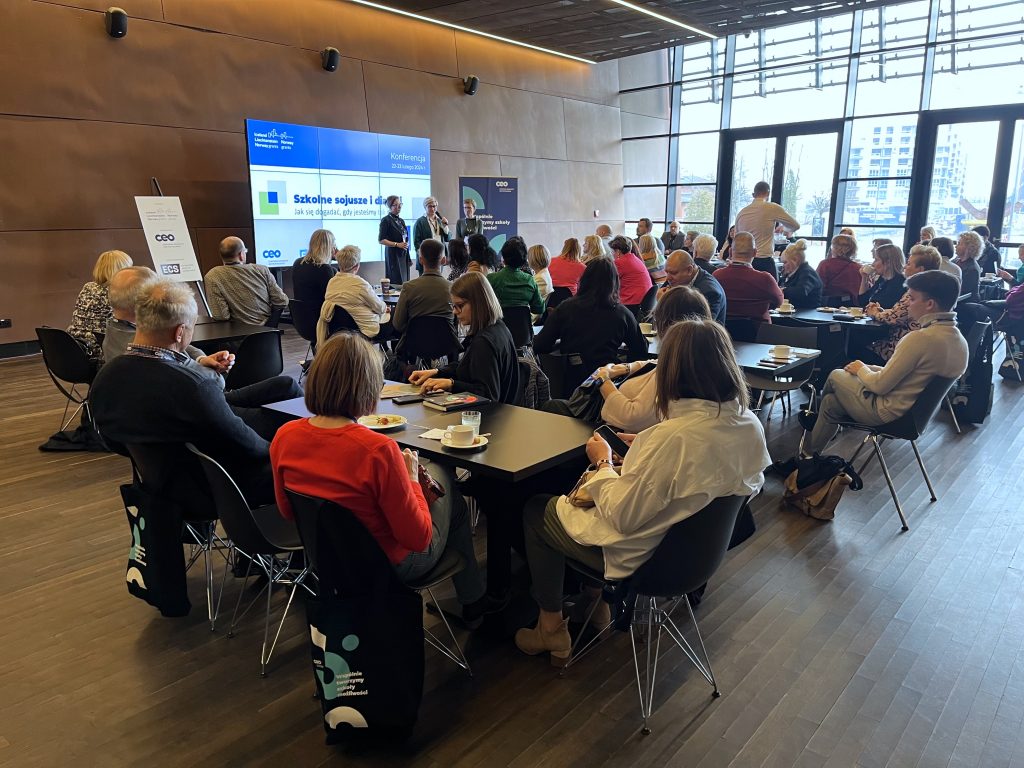
Conference „Szkolne sojusze i dialogi. Jak się dogadać, gdy jesteśmy tak różni?”(„School Alliances and Dialogues. How to get along when we are so different?”), European Solidarity Centre in Gdansk, 22-23 February 2024. Photo by Beata Klassek.
Webinars and seminars
As part of the „Odporna szkoła” („Resilient School”) campaign, we run a series of webinars and seminars in which we address the challenges faced by teachers and prinicples. During the meetings, we offer practical solutions that support school staff to work in changing circumstances. At the heart of „Odporna szkoła” („Resilient School”) we put what is most important in school – effective learning and the development of young people. However, we also do not forget about the wellbeing of the whole school community.
So far we have held two events directed towards principals and three events directed towards teachers. Recordings of the webinars can be viewed on our YouTube channel.
NRC together with CCE for the well-being of children with refugee experience
We are implementing the Educational Integration Support Project together with the Norwegian Refugee Council (NRC), which began operations in Poland in March 2022 in response to the escalation of the war in Ukraine. It operates exclusively through local partners, and in the field of education, it collaborates with organizations such as the Center for Citizenship Education (CCE). Through these efforts, NRC and CCE help children and youth cope with difficult experiences and integrate into Polish society. They also work to strengthen the competencies of teachers and school staff.
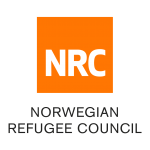
One of NRC’s flagship programs is the Better Learning Programme (BLP), developed in collaboration with the University of Tromsø – The Arctic University of Norway. BLP is a psychosocial support method that helps children manage stress, including trauma caused by conflict or displacement.
In collaboration with CCE, NRC organized lectures and meetings with educational psychologist and BLP co-author, Jon-Håkon Schultz. NRC also conducted training at various levels of BLP, including BLP-1, which includes integration sessions for all children, and BLP-2, which supports children struggling with the consequences of crisis situations such as war. These trainings have reached over 140 teachers, school principals, and other education professionals across Poland.
In 2024, NRC will continue its collaboration with CCE by adapting proven resources to Polish realities. This includes the adaptation and translation of informational videos about BLP, guide materials, and manuals for moderators, audio recordings of exercises, and scientific articles. NRC will also organize workshops and educational circles for teachers to support the sustainability of training outcomes and conduct research on the impact of BLP on reducing stress among children in Poland.
Follow us!
Stay tuned for further updates on CCE’s educational integration support events and projects. To keep up to date with the latest information, we recommend keeping an eye on the individual project pages and social media profiles: CCE Facebook and CCE Global Education Facebook. By subscribing to our newsletter, you will receive news updates and event invitations directly to your email inbox.
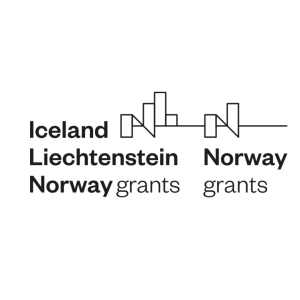
The educational integration support activities are funded by Iceland, Liechtenstein and Norway through the Norwegian and EEA Funds under the Fund for Bilateral Relations.
